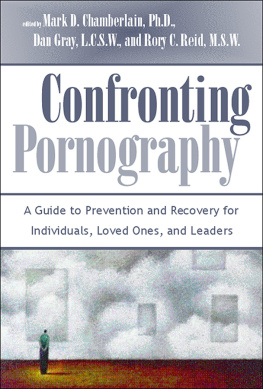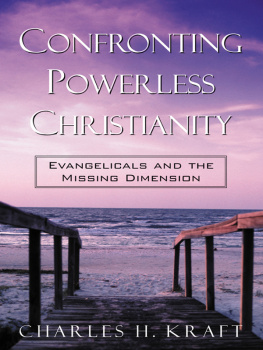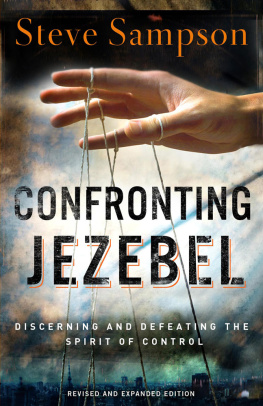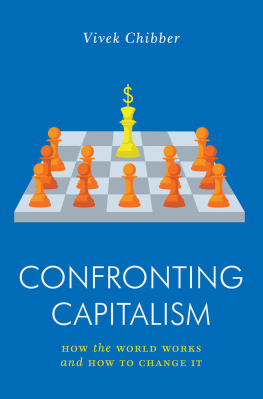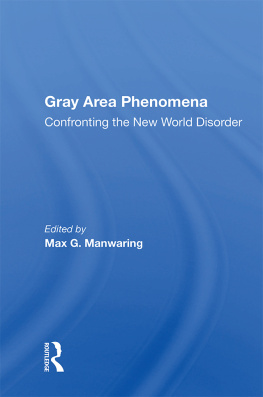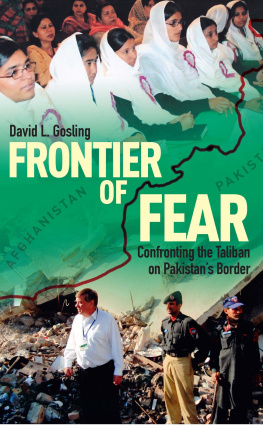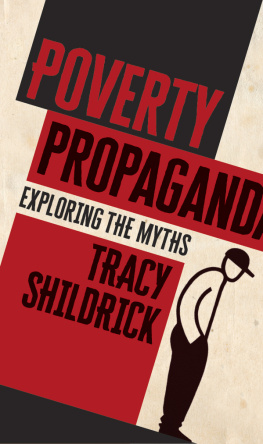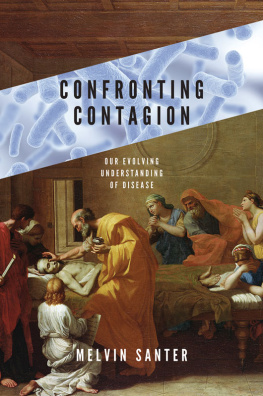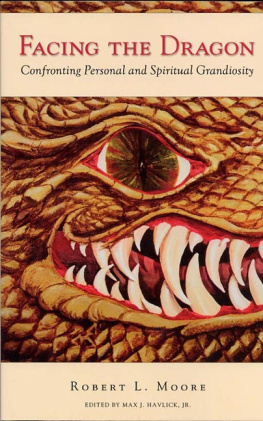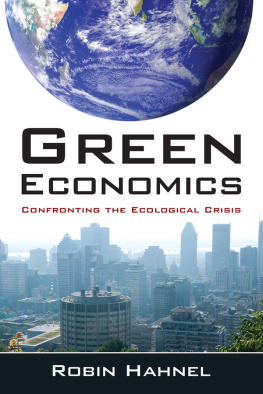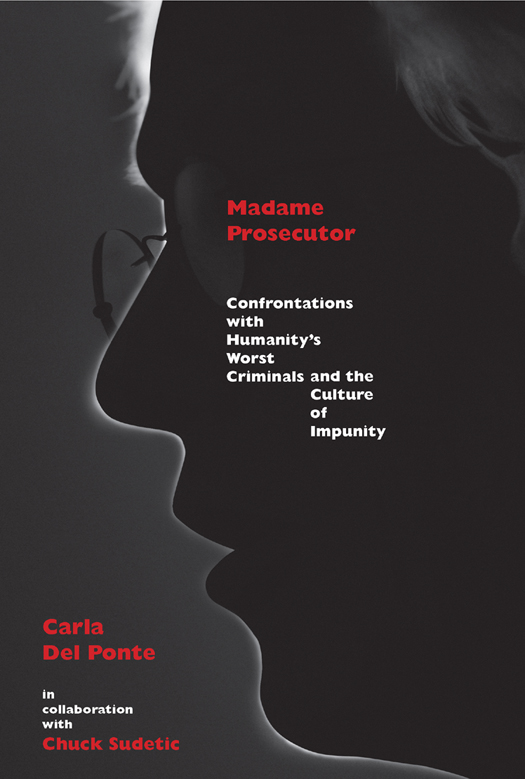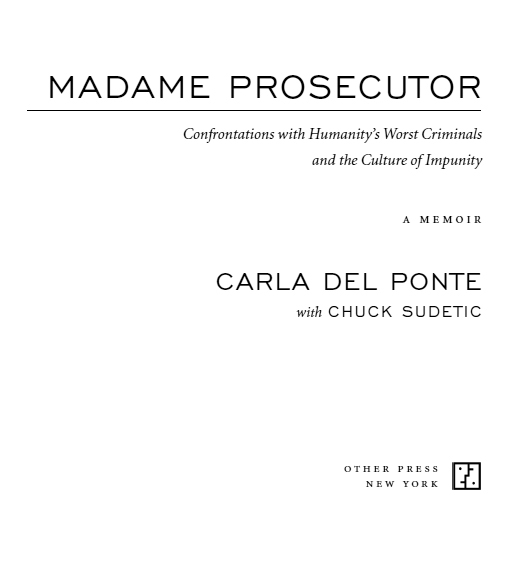Copyright 2008 Feltrinelli Editore
Originally published in Italian as La Caccia by Feltrinelli Editore, Milan, 2008.
English-language edition copyright 2009 Carla Del Ponte and Chuck Sudetic
Production Editor: Yvonne E. Crdenas
All rights reserved. No part of this publication may be reproduced or transmitted in any form or by any means, electronic or mechanical, including photocopying, recording, or by any information storage and retrieval system, without written permission from Other Press LLC, except in the case of brief quotations in reviews for inclusion in a magazine, newspaper, or broadcast. For information write to Other Press LLC, 2 Park Avenue, 24th Floor, New York, NY 10016. Or visit our Web site: www.otherpress.com
The Library of Congress has cataloged the printed edition as follows:
Del Ponte, Carla.
Madame prosecutor: confrontations with humanitys worst criminals and the culture of impunity: a memoir / by Carla Del Ponte; with Chuck Sudetic.
p. cm.
eISBN: 978-1-59051-537-2
1. Women attorneys generalSwitzerlandBiography. 2. Public prosecutorsSwitzerlandBiography. 3. International Court of Justice. 4. International criminal courts. 5. War crime trials. 6. War criminals. 7. Genocide. 8. United Nations. 9. Criminal justice, Administration of. I. Title.
KKW110.D45A3 2008
345.01dc22
[B] 2008017279
v3.1
Per mia madre, Angela
When he had bandaged me,
I fell asleep on his lap,
because I hadnt slept for a long, long time
We remained there until the morning
and he woke me
and asked, Where shall we go?
I said, I dont know.
Testimony of W ITNESS O,
The Prosecutor v. Radislav Krsti, April 13, 2000,
Wounded on a Srebrenica killing field,
Crawled from among the dead,
Escaped with another survivor.
CONTENTS
PROLOGUE
D uring my first visit to Washington, D.C., as chief prosecutor of the United Nations war crimes tribunals, I turned to one of the worlds most powerful men to ask for his help. It was a Wednesday afternoon in late September 2000, near the beginning of a long series of appeals I made over the years to government officials and heads of international organizations. I needed them to twist the arms of uncooperative states such as Serbia, Croatia, and Rwanda; I needed them to help us obtain evidence; and, most of all, I needed them to help us apprehend fugitives indicted on war crimes charges. The setting for this particular appeal was adjacent to the White House, in the Old Executive Office Building. An aide led my advisers and me through the entrance. (So many decorative columns that feign to support so many decorative cornices and lintels. I had not seen such a failed struggle to exude vigor, stability, and permanence since my last stroll among the Bourbon palaces of central Paris.) We passed along a corridor that echoed our footsteps. Then, turning into some nondescript office, we came face to face with George Tenet, director of the Central Intelligence Agency. He had many pressing concerns. Ten years after Iraqs invasion of Kuwait and the imposition of economic sanctions that had destroyed hundreds of thousands of Iraqi lives, Saddam Hussein was still in power. Everyone was complaining that the price of oil had spiked to $35 a barrel and, in only a few hours, Likud party leader Ariel Sharon would climb onto the Temple Mount, the Haram al-Sharif, in Jerusalem and ignite the second intifada. Perhaps Tenet already knew that within a few weeks crowds would take to Belgrades streets and topple Slobodan Miloevi. In North Korea, Kim Jong-il was dabbling in nuclear weapons. CIA agents were pursuing Osama bin Laden. The September 11, 2001, terrorist attacks were eleven months away.
I needed Tenet to coordinate the CIAs activities with efforts by our office and other intelligence agencies to help capture two of the worlds most wanted men, Radovan Karadi and Ratko Mladic. The tribunal had indicted them on charges related to, among other things, the siege and shelling of Sarajevo, ethnic-cleansing operations that had displaced hundreds of thousands of people, and the killings of about 7,500 captive Muslim men and boys at Srebrenica, the largest massacre in Europe since the weeks after the end of World War II, when communist death squads executed untold thousands of prisoners whom the Allies had forcibly repatriated to Yugoslavia. My English was halting. All morning my aides had been peppering me with questions, some of them vicious, to prepare me for this interview. Tenet knew what Karadi and Mladi had done in Bosnia, and especially at Srebrenica. We seemed to understand one another within a few moments. I felt he might share the CIAs surveillance information, intercepts of telephone conversations, advice and support for arrest operationsanything to expedite the apprehension of these and other fugitives.
Tenet remarked that Karadi reminded him of a Sicilian thug. This I found ironic. I know something of Sicilian thugs. And Tenet, a jowly Greek by extraction, exuded a Mediterranean passion, an overbearing will, and other qualities of Sicilian toughs. I loved it, because any spymaster needs these qualities to perform effectively. He assured me that the CIA was active in the manhunt but that apprehending someone like Karadi, who never speaks over the telephone or signs a document, is a daunting task: Im chasing guys all over the world. It took us seven days to find [Panamas General Manual] Noriega with 20,000 GIs. He blurted out the name bin Laden. Then he said, Karadi is my number 1 priority.
I was thrilled. The top spy of the worlds only superpower was assuring us that his agency was doing its utmost to track one of our most wanted fugitives. I strode back down that echoing corridor and burst out into an autumn afternoon full of possibilities. (Now, those columns and cornices seemed to exude vigor, stability, and permanence.) In a few weeks, I would be appearing before the United Nations Security Council to report that, by many criteria, we had enjoyed a successful first year. We were concentrating our efforts on indicting the highest-ranking officials we could pursue. The Rwanda tribunals prosecution teams were preparing for trials of dozens of gnocidaires. Croatias government had begun handing over documents that linked the late Franjo Tudjman and other High-ranking Croats with crimes committed during the war in Bosnia and Herzegovina. The political winds seemed to be shifting in a Serbia that would not be Miloevis much longer. I thought I would be able to resolve the problems of the Yugoslavia tribunals prosecution effort, obtain the crucial evidence, apprehend the accused, get them convicted, switch off the lights, and move on to new challenges.
I should have known better. I trusted Tenet to put action behind his words. I assumed he was not erecting something we Italian speakers call the muro di gomma, the wall of rubber, the rejection disguised so it wont appear as a rejection. So often, when you approach powerful people with an unwelcome request or demand, your words bounce back. You seem to hear what you want to hear. You might even sense that your effort has yielded something of substance.
My career had begun with a long series of collisions with the muro di gomma, sometimes followed by cruder forms of resistance as well as physical threats. I had encountered, and would encounter, the


